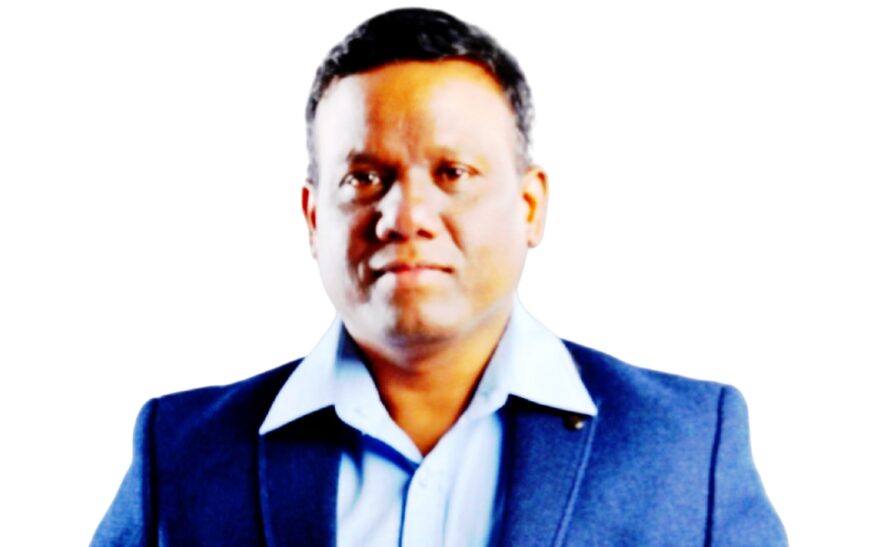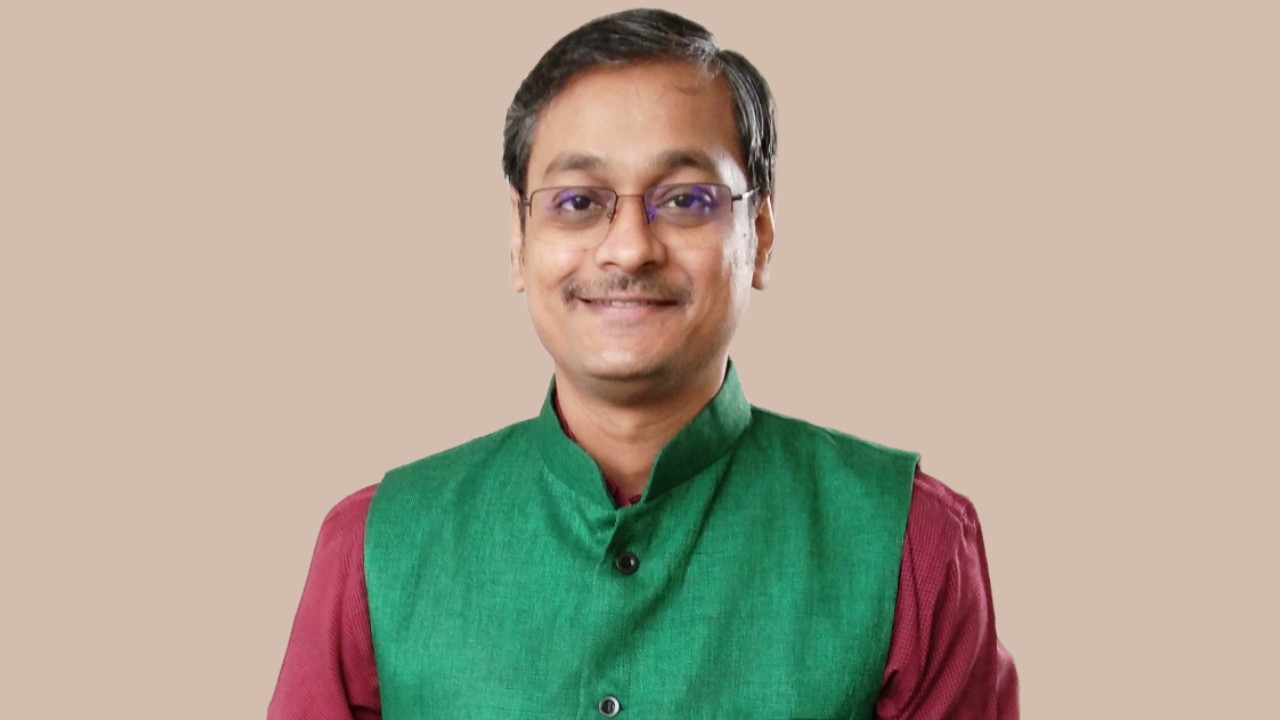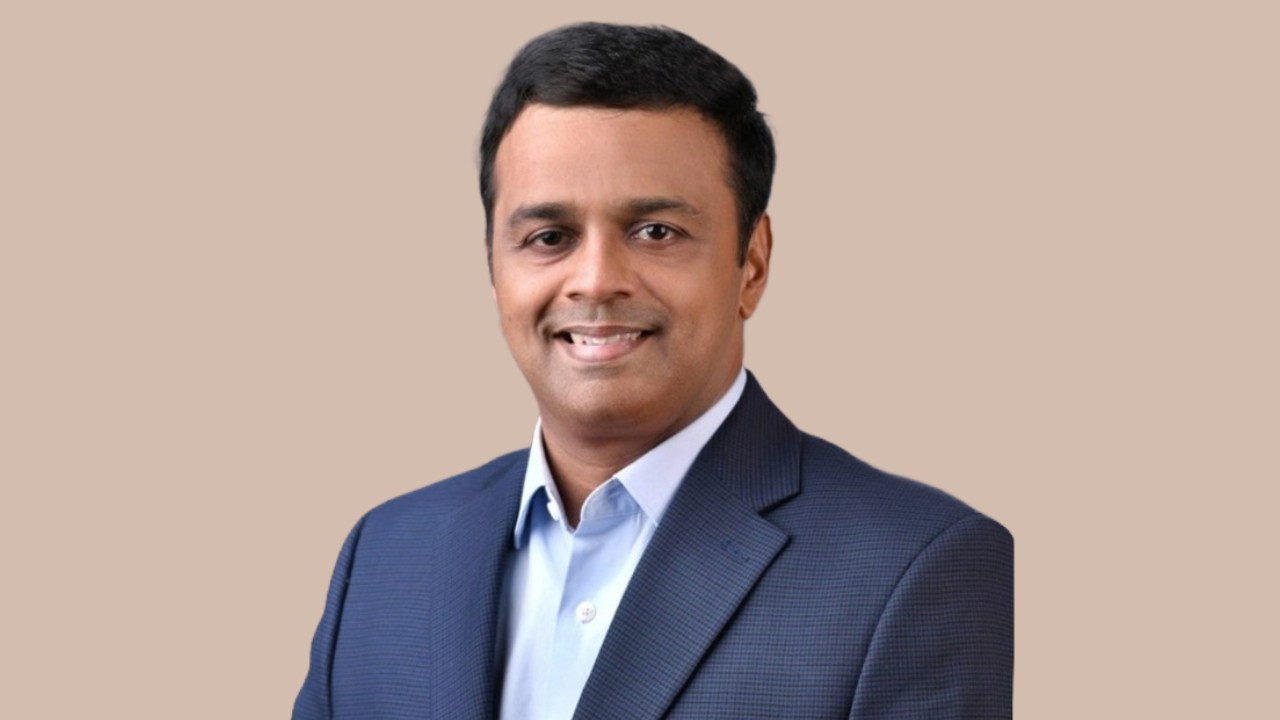3R ZeroWaste Pvt. Ltd. operates as a sustainable waste management company. It addresses various waste streams such as solid waste, plastic waste, e-waste, construction and demolition (C&D) waste, hazardous industrial waste, and food waste.
Leveraging technology across their operations, 3R ZeroWaste employs IoT devices for waste tracking, geospatial technology for monitoring, and blockchain for incentivizing proper waste segregation. Their commitment aligns with the Sustainable Development Goals (SDGs) set by the UNDP. Under SDG, they aim to emerge as India’s foremost provider of advanced waste management solutions by 2030.
In an exclusive discussion with The Interview World, Shiv Rao Challa, Founder and CEO of 3R ZeroWaste, shares insights into his journey in tackling waste management challenges. He also highlights the company’s key projects, emphasizes the metrics used to gauge impact, and discusses upcoming waste management initiatives. Here are the pivotal points from his interview.
Q: Can you share the inspiration behind founding 3R ZeroWaste and your journey towards sustainability and waste management?
A: After dedicating 22 years to international experience across 12 countries in the corporate world, I returned to India with a vision for change. Collaborating closely with Health, Safety, and Environment (HSE) teams, I gained invaluable insights into the operations of various industries including oil & gas, mining, and utilities. Motivated by a desire to enact positive change, I embarked on the journey of 3R ZeroWaste.
Aligned with the UNDP Sustainable Development Goals, our mission is clear. By 2030, we aim to establish ourselves as a leading waste management company in India. Additionally, our NGO is actively engaged in cultivating a skilled workforce within the waste management sector. Through mentorship and targeted training programs, we are empowering individuals to excel in this vital field.
Q: What are some of the key challenges you’ve faced in implementing innovative recycling solutions, especially concerning e-waste and hazardous waste?
A: Waste management companies like us in India face several significant challenges. Firstly, they lack official industry status, impeding their ability to operate effectively. Additionally, the pervasive presence of mafia in cities and towns further exacerbates the situation, posing security and regulatory challenges. Furthermore, accessing funding proves to be a considerable hurdle, limiting their capacity for expansion and improvement. Moreover, the absence of industry-friendly policies specifically addressing e-waste management complicates efforts to address this growing environmental concern.
Q: Could you highlight some of the most impactful projects or initiatives undertaken by 3R ZeroWaste so far and their outcomes?
A: We are currently managing several projects. One such project is the e-waste plant in IMT Manesar, which primarily serves residents. Many residents have 30-40% of their e-waste stored in their homes, unsure of how to dispose of it due to a lack of knowledge. Over the past three years, we’ve been actively raising awareness among over a million citizens.
Additionally, we’ve recently established a Materials Recovery Facility (MRF) aimed at collecting solid waste from residents. This facility enables us to manage all types of dry waste within the MRF and wet waste within the designated complex.
Our efforts have extended to collaborating with five residential projects in Gurugram, further expanding our impact in waste management initiatives.
Q: How do you ensure that your solutions align with the principles of a circular economy, and what strategies do you employ to promote circularity within your operations?
A: In our 3R series—reduce, reuse, and recycle—recycling marks the crucial third stage. We consistently educate citizens, delivering our message boldly and clearly. Each raw material arriving at our factory holds intrinsic value and is treated as a valuable resource. Contributing to the ZeroWaste initiative, we guarantee the recycling or upcycling of every material. Our next step involves initiating the production of recycled plastic products, thereby completing the loop in-house.
Q: As an ESG consultant, what advice do you offer to companies looking to improve their sustainability practices?
A: As an ESG consulting company, we offer tailored ESG consultancies to meet our clients’ needs while upholding industry standards. ESG Compliance remains in its early stages in India and other developing nations. Our expertise lies in waste audits and circular economy models for ESG reporting. We eagerly anticipate partnering with larger organizations to provide specialized support in our area of expertise.
Q: How do you measure the environmental and social impact of your initiatives, and what metrics do you prioritize in assessing success?
A: Since our inception, we’ve consistently reported our impact, driven by our commitment to enhancing people’s lives and environmental conditions. Our focus revolves around providing solutions that make a tangible difference. We gauge our progress through key metrics such as the number of lives touched, the quantity of waste managed by small and medium-sized enterprises (SMEs), and the amount of waste processed.
Q: What’s your long-term vision, and how do you plan to continue driving positive change in the waste management industry?
A: We’re passionately crafting Karma Coins, a pioneering Rewards Platform designed to recognize sustainable actions. This platform is tailored for individuals conscientious of their resource consumption, offering unique rewards for their efforts. By promoting efficient resource usage, we aim to foster a culture of responsible stewardship towards our planet. To further encourage positive change, we’re integrating a gaming element, motivating users to actively combat climate change while earning rewards for their contributions. Our vision extends globally, with India serving as a hub for international collaboration on sustainability initiatives.
Moreover, our commitment extends to local endeavors, as we’re expanding our waste management services to accommodate 5000 MT in Delhi-NCR. Additionally, we’re embarking on ventures focused on the circular economy of lithium batteries, paving the way for a more sustainable future. By 2025, our ambition is to empower 10 million citizens worldwide to embrace and adopt sustainable lifestyles, creating a ripple effect of positive change across communities.









